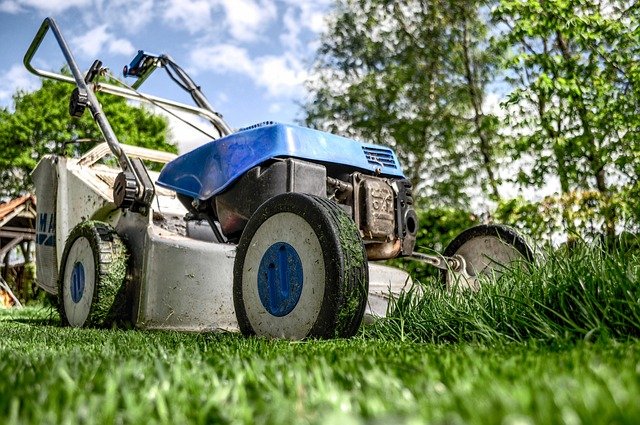Certifications and Training Pathways for Landscape Technicians
This article outlines certification and training pathways for landscape technicians, covering core skills in landscaping, turf care, irrigation, horticulture, arboriculture, pruning, fertilization, pest control, equipment safety, and seasonal work planning. It explains common credentials, hands-on learning options, and how targeted training supports sustainable grounds maintenance.

Landscape work blends practical skill, ecological knowledge, and safe use of machinery. For landscape technicians who maintain parks, campuses, or commercial grounds, structured training and certification clarify best practices in landscaping, turf care, irrigation, and plant health while reinforcing safety and sustainability. This article describes common credential pathways, on-the-job learning models, and specialized topics such as arboriculture, pruning, fertilization, pest control, equipment operation, and seasonal work planning to help technicians develop reliable, evidence-based skills.
Landscaping: where foundational skills start
Foundational landscaping programs introduce plant identification, soil science, and landscape installation basics. Courses often cover planting methods, mulching, basic hardscape layout, and plant selection suited to local climates. Hands-on labs teach use of hand tools and basic equipment while emphasizing sustainable choices—such as native plants and water-wise design—that reduce long-term maintenance and environmental impact. Employer-led onboarding and community college certificates are common entry points that combine classroom instruction with supervised fieldwork.
Turf care and lawn care: management fundamentals
Turf care training focuses on species selection, mowing regimes, aeration, overseeding, and soil testing to guide fertilization. Proper lawn care emphasizes calibration of spreaders, timing of applications, and integrated approaches to reduce reliance on chemical treatments. Short courses and turf technician certificates teach diagnostics for common turf problems and seasonal maintenance planning. Technicians trained in integrated turf management can improve turf health while minimizing inputs and aligning with sustainability goals for public and commercial landscapes.
Horticulture, arboriculture and pruning techniques
Horticulture education covers propagation, plant health diagnostics, and seasonal maintenance of ornamentals. Arboriculture training addresses tree biology, structural assessment, and safe pruning practices. Pruning instruction emphasizes timing, cuts that preserve health, and the difference between corrective and routine pruning. For work involving larger trees, additional qualifications or collaboration with certified arborists is often required. Practical experience is essential for developing judgment about when intervention or specialist referral is appropriate.
Irrigation, pest control and sustainable practices
Irrigation certification programs teach system types, controller programming, and water budgeting to improve efficiency. Technicians learn to troubleshoot emitters and sensors and to schedule irrigation based on soil moisture data. Pest control instruction for landscape workers centers on integrated pest management: monitoring, thresholds, biological controls, and responsible pesticide application when needed and permitted. Sustainability training ties these elements together, promoting native planting, soil health practices, and water-conserving strategies that lower environmental impact.
Equipment operation, safety and seasonal work planning
Safe operation of mowers, trimmers, blowers, and light tractors is a core competency. Training covers preventive maintenance, personal protective equipment, fuel safety, and ergonomics to reduce injury risk. Certifications in specific equipment types or workplace safety standards provide formal recognition of competence. Seasonal work planning complements equipment skills by teaching technicians to adjust maintenance schedules for dormancy, winter protection, drought response, or peak growing periods, ensuring plant health and efficient crew deployment throughout the year.
Certification paths and hands-on learning options
Common pathways include vocational certificates, industry association credentials, and manufacturer-specific equipment instruction. Typical topics for certification are turf management, irrigation technician levels, pesticide applicator licensing where required, and arboriculture fundamentals. Apprenticeships and mentorship programs translate classroom knowledge into field decision-making; many employers combine formal coursework with on-the-job hours and supervised tasks. When building a development plan, balance documented practical experience with targeted certifications that match the role and regional regulations.
Conclusion Certifications and structured training provide measurable skills for landscape technicians across landscaping, turf care, horticulture, irrigation, arboriculture, pruning, fertilization, pest control, equipment, and safety. Combining formal instruction with hands-on practice supports sustainable grounds management and improves service reliability. A staged professional development approach—starting with foundational training, then adding specialized credentials and documented field experience—helps technicians adapt to evolving technologies and seasonal work demands while applying science-based methods in the field.




